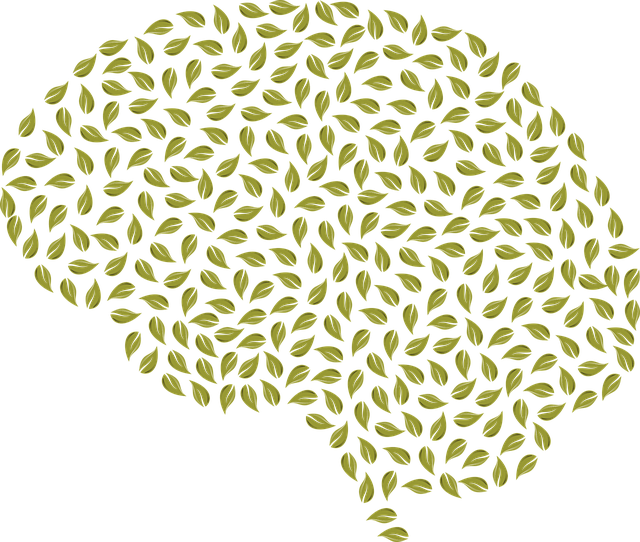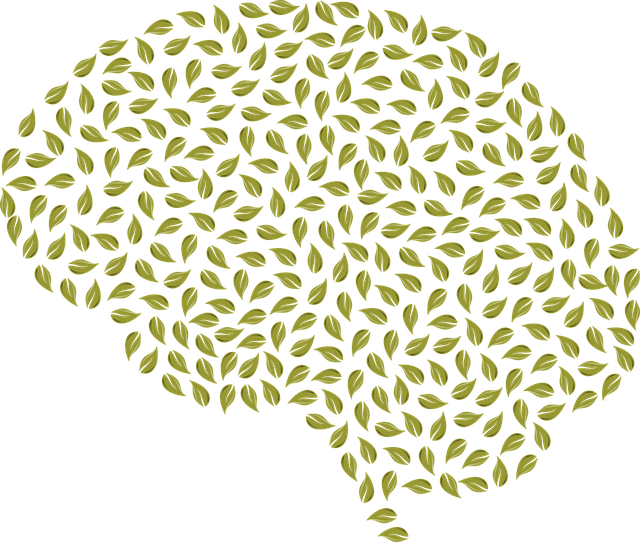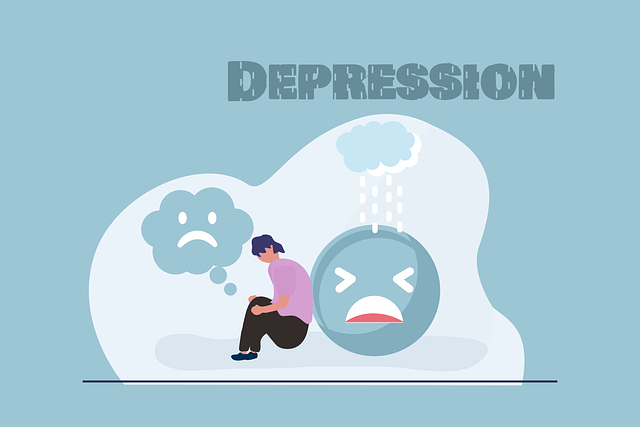Community outreach programs, such as Centennial Oppositional Defiance Disorder (COD) Therapy, play a crucial role in enhancing societal well-being by fostering connections and addressing diverse mental health needs, especially in areas with limited access to support. These initiatives provide professional services, resources, and education directly to communities, leading to improved mental health literacy and reduced burnout prevention rates. By implementing tailored mental health education programs and effective communication strategies, these programs break down barriers, encourage open conversations, and empower individuals to recognize and support their well-being. Measuring success through clear, measurable goals and data review ensures the continuous improvement of community outreach programs for COD Therapy, aligning with evolving needs and contributing to improved mental wellness outcomes.
Community outreach programs play a pivotal role in addressing mental health challenges, particularly among youth. This article explores the implementation of such programs with a specific focus on treating Centennial Oppositional Defiance Disorder (ODD) through community-based initiatives. We delve into the benefits, strategies, and measurement techniques to ensure effectiveness. By understanding the power of outreach, we can enhance access to ODD therapy, fostering healthier communities and brighter futures for those affected by this disorder.
- Understanding Community Outreach Programs and Their Benefits
- Implementing Centennial Oppositional Defiance Disorder (ODD) Therapy Through Outreach
- Measuring Success and Continuous Improvement in Community Outreach Programs for ODD Treatment
Understanding Community Outreach Programs and Their Benefits

Community outreach programs play a pivotal role in enhancing societal well-being by fostering connections and addressing diverse needs. These initiatives are designed to bring professional services, resources, and education directly to communities, often focusing on areas with limited access to mental health support. One such program that has gained prominence is Centennial Oppositional Defiance Disorder (COD) Therapy, which aims to help individuals manage and overcome behavioral challenges while promoting inner strength development.
By implementing these programs, communities can experience numerous benefits, including improved mental health literacy and reduced burnout prevention rates. Mental Health Education Programs Design tailored for specific demographics have proven effective in breaking down barriers and encouraging open conversations about various issues. This proactive approach not only equips individuals with the knowledge to recognize and support their well-being but also fosters a sense of collective responsibility and resilience within the community.
Implementing Centennial Oppositional Defiance Disorder (ODD) Therapy Through Outreach

Implementing Centennial Oppositional Defiance Disorder (ODD) Therapy through community outreach programs is a promising approach to addressing this common mental health challenge among youth. ODD is characterized by persistent anger, irritability, and defiant behaviors, often leading to significant impairments in daily functioning. By bringing therapy directly into communities, mental health professionals can reach individuals who might otherwise face barriers such as stigma or lack of access to traditional treatment settings.
Outreach initiatives can employ effective communication strategies to dispel the mental illness stigma surrounding ODD, fostering an environment where affected individuals and their families feel supported. Through interactive workshops, group therapy sessions, and one-on-one counseling, these programs aim to boost confidence, improve coping skills, and teach positive behavior management techniques. This personalized approach not only helps young people with ODD but also empowers caregivers, providing them with the tools needed to support their loved ones effectively.
Measuring Success and Continuous Improvement in Community Outreach Programs for ODD Treatment

Measuring the success of community outreach programs for Centennial Oppositional Defiance Disorder (ODD) therapy is an essential step in ensuring their long-term effectiveness. This involves setting clear and measurable goals, such as increasing awareness about ODD and available treatment options within the community. By utilizing data and feedback from participants, families, and healthcare professionals, program organizers can assess whether they are achieving these objectives.
Continuous improvement is a key aspect of successful outreach initiatives. Regularly reviewing and analyzing the collected data allows for the identification of areas where the program excels and aspects that require refinement. Incorporating strategies to enhance engagement, such as leveraging social media platforms or partnering with local schools, can contribute to improving mental wellness outcomes by addressing the Mental Illness Stigma Reduction Efforts. Ultimately, these measurements and adjustments ensure that community outreach programs remain dynamic, relevant, and aligned with the evolving needs of individuals seeking ODD therapy and Emotional Healing Processes.
Community outreach programs, such as those focused on treating Centennial Oppositional Defiance Disorder (ODD) therapy, have proven to be highly effective in improving mental health outcomes. By implementing and continually refining these initiatives, we can foster healthier communities. Measuring success through various metrics ensures that resources are allocated efficiently, benefiting individuals in need. As we navigate the landscape of community care, it’s essential to remember that every interaction is a step towards revolutionizing treatment and enhancing lives affected by ODD.














